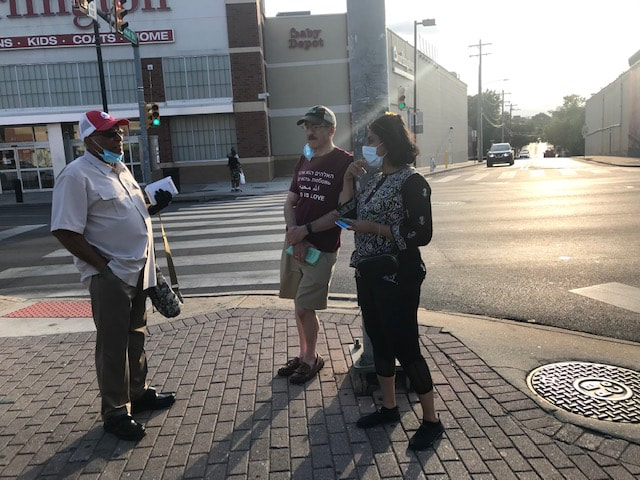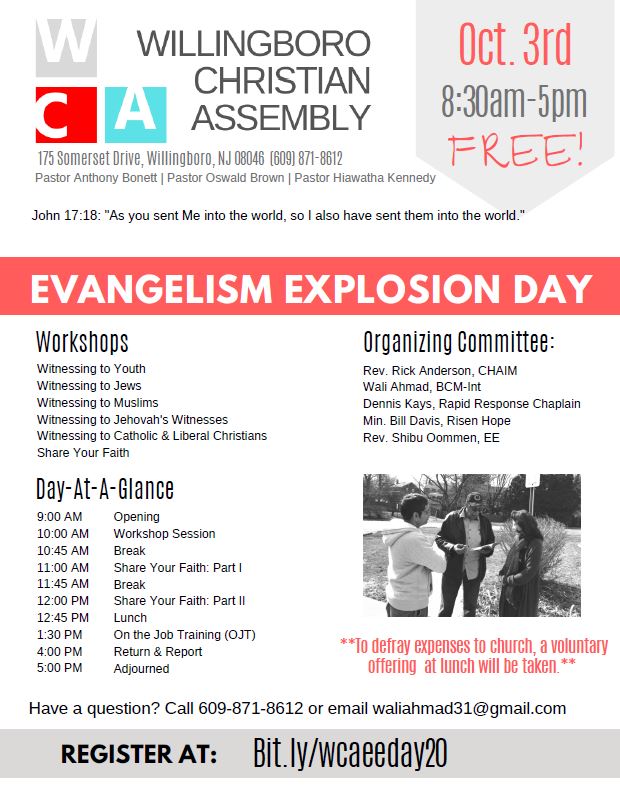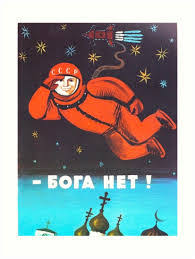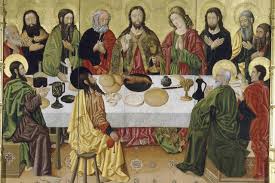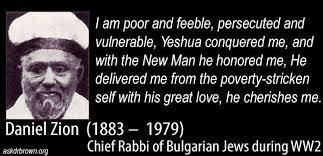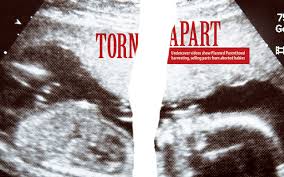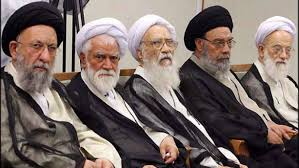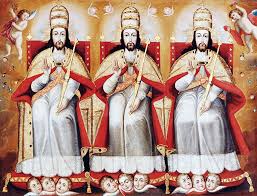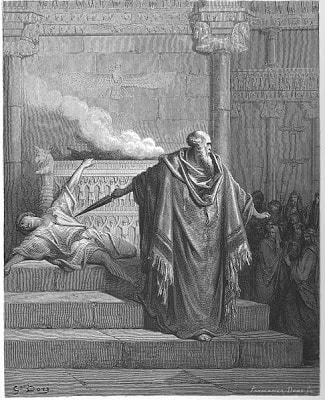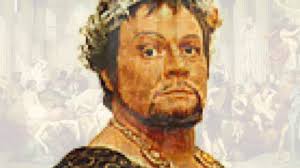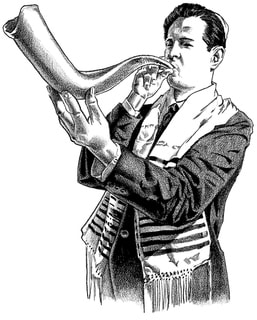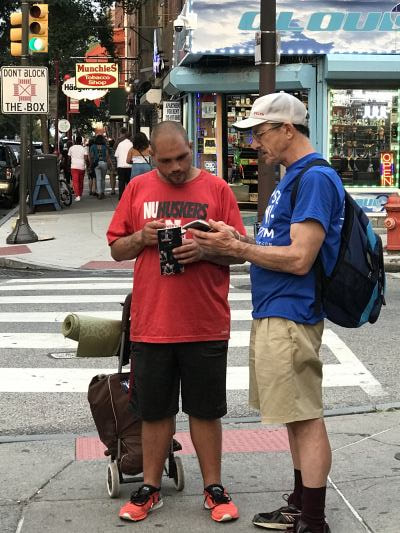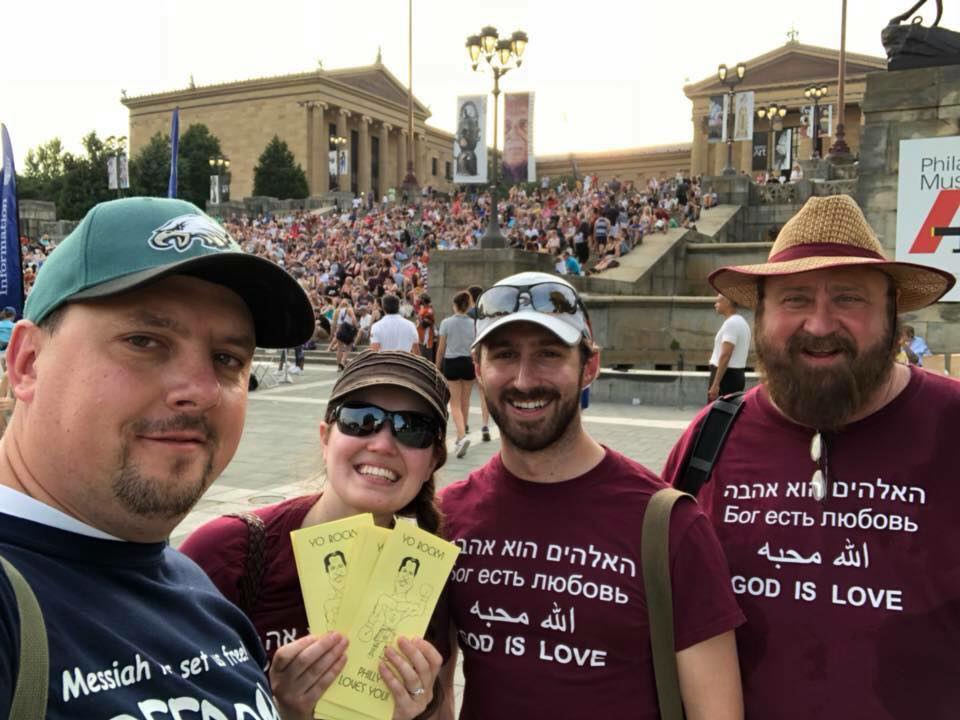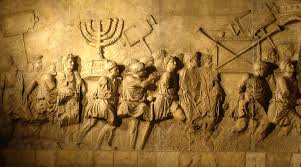In over 20 years, I have never experienced such success in street evangelism as I in the past three months!
The timing seems right, the mood of the area (greater Philadelphia) seems right, and despite wearing the masks, the threat of rioting, vandalism, and the continuing quarantine, souls continue to come into the Kingdom. These people are giving us their contact information and phone numbers for follow-up, and after our presentation of the Gospel, they pray the prayer of salvation with us.
We are working with Crossroads Community Church (PCA) in a heavily-Muslim area of greater Philadelphia, with very few Whites; and mostly African-American, Middle-Eastern, South Asian and Hispanic passers-by.
It doesn't get much better than this.
Thank you for your prayers.
Feel free to e-mail me for more details of what's happening on the streets of greater Philadelphia
Rick Anderson [email protected]
On Thursday the 30th, I worked with evangelist-friends W. A. of Crossroads Community Church (Upper Darby) and D. K. of Church of the Savior (Wayne, PA) to do street evangelism and tracting. This is a heavily-Muslim neighborhood with greater Philadelphia's most famous mosque, Masjid Al-Madinah, just two blocks away. I passed out "Messiah Has Set Us Free" and "Who Is the Most Radical Radical?" and spoke to people near the 69th St. Station and between the 3 of us, we had 4 people making new professions of faith in Christ. Most, if not all of them gave us their personal information for follow-up. "T" and "C", as well as "J" and "Y" . I also shared the Gospel with "Z" and his two high school friends (young blk. men) and with "B", an American Muslim. We also spoke to one or two Middle-Eastern Muslims walking by. (Any time a dedicated Muslim has a dialog with a street evangelist, it's good.) There were many hajib-wearing and veiled women, covered head to toe. Most did not take literature.
Amazing, it's it? Despite the wearing of masks, despite the racial and political animosity, despite the recent rioting and vandalism, and despite the VIRUS ... God is honoring YOUR prayers, and His WORD!
Continue reading other blogs? Click http://www.scripturesdramatized.com/radio-blogs
